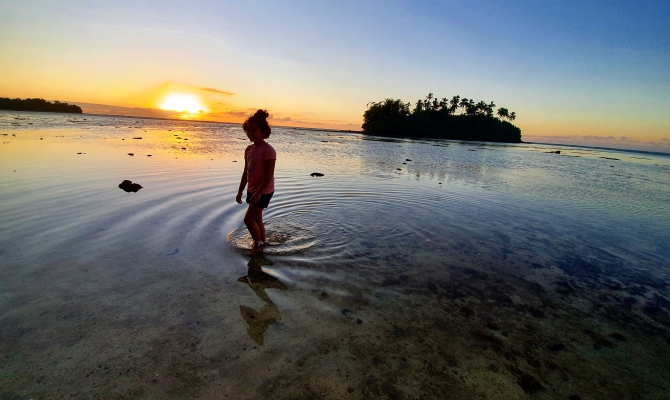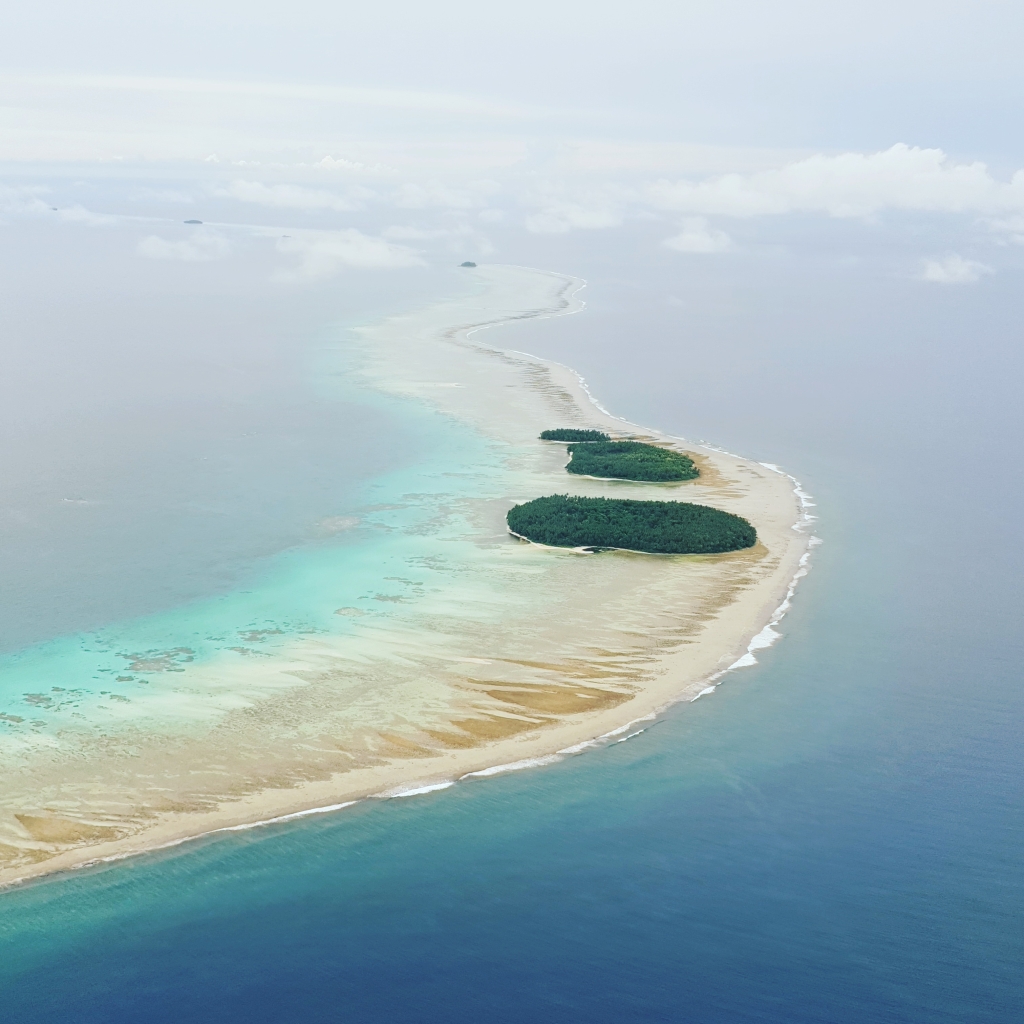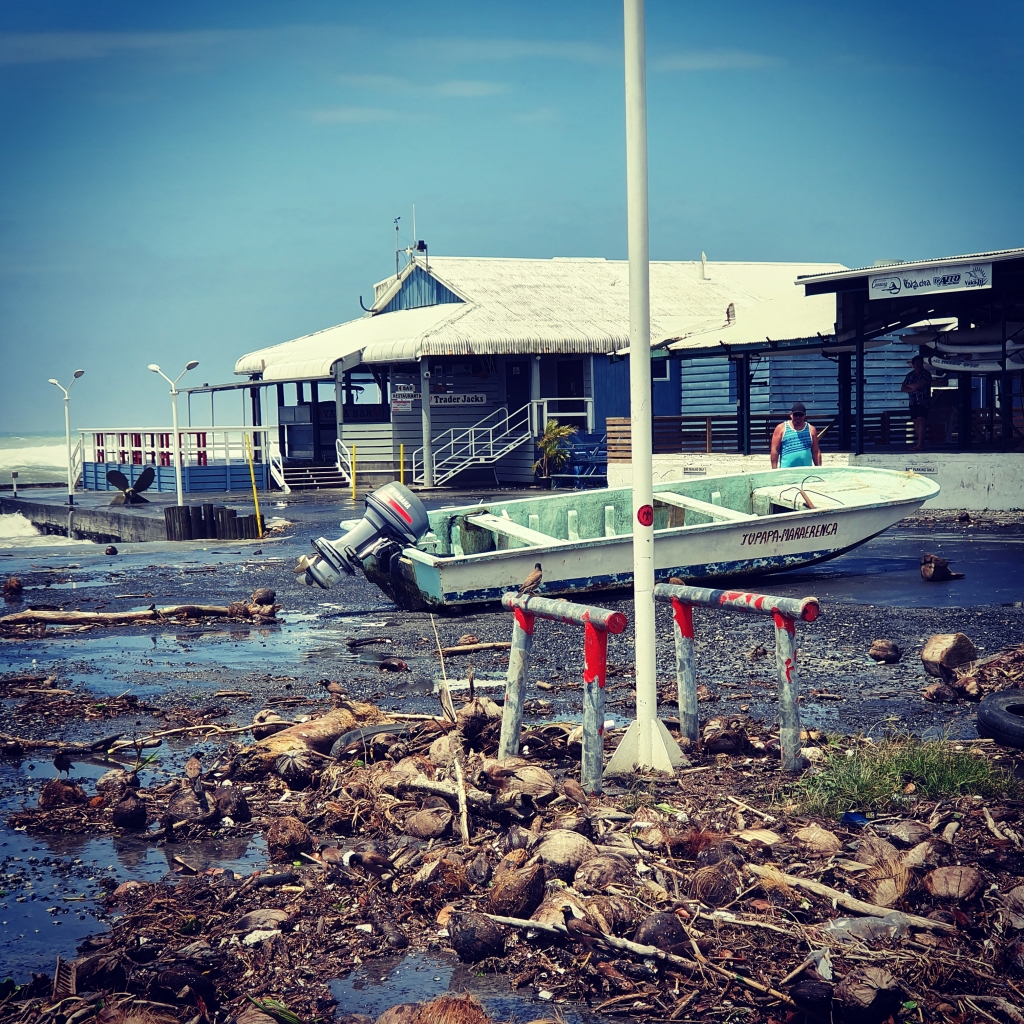
Samoa is passing the baton to Antigua and Barbuda this month as host of the Fourth International Conference on Small Islands Developing States. Over 3,000 registered delegates will descend upon the Caribbean Island to chart a course towards resilient prosperity for all Small Islands Developing States. Held every ten years, Samoa was host of the last International SIDS conference in 2014.
Small Islands Developing States (SIDS) comprise 37 UN member nations and 20 associate members of regional commissions – including the Pacific Island nations. With remote economies prone to natural disasters, SIDS were formally recognised as a special case in 1992 at the UN Conference on Environment and Development. Occupying less than 0.5 per cent of the world’s land surface these islands are spread across three key regions, the Caribbean, the Pacific and the Atlantic, Indian Ocean and South China Sea.
Meeting every decade with partners, the Small Islands Developing States develop a blueprint that will guide actions to help them achieve the 2030 Agenda and its Sustainable Development Goals. As this will be the fourth SIDS conference spanning 40 years of action, work is also underway to assess all that has been done thus far.
The SIDS4 meeting in Antigua and Barbuda will see 37 Small Islands Developing States agree upon this blueprint which has taken a year of consultations across the three island regions, to complete.

“The outcomes plan of action for SIDS for the next ten years is something that is evolving and dynamic. We have used flexible language in this so we can adapt to challenges and circumstances that may arise in the ten years ahead,” said H.E. Mr. Fatumanava-o-Upolu III Dr. Pa'olelei Luteru, the Permanent Representative of Samoa to the United Nations, also the Chair of the Alliance of Small Islands States.
“There must be a respect that this is a blueprint for SIDS, and we must be at the forefront in determining our course, our partners can help us, but we must also remember that Small Islands Developing States brings something to the table in this partnership. We want to demonstrate that we are also helping ourselves as well and can demonstrate our value to our partners.”
Small Islands Developing States bear the brunt of the triple planetary crises of climate change, pollution, and biodiversity loss. They are also reeling from the impact of COVID-19, facing huge setbacks in achieving the Sustainable Development Goals.
Small Island Developing States (SIDS) are in the crossfires of multiple crises: climate change, the economic and social repercussions of COVID-19, and a crisis of debt. The pandemic hugely impacted all island nations, especially those dependent on tourism. Global lockdowns left large holes in islands’ coffers and severely set back efforts to invest in the Sustainable Development Goals.
These impacts translate to loss of homes, livelihoods, cultural traditions and threats to security across island communities, including those in the Pacific. With climate change impacts grow and continue to loom, Small Islands Developing States need support on their journey to resilient prosperity.

“From the outcomes there will be programmes carried out by the UN and other developing partners on our priority issues such as climate change in our islands. Some of these may also include locally led projects on climate change and development that directly support our communities which are in line with the SIDS4 outcomes document, but also our own national development plans,” said H.E Ambassador Odo Tevi of Vanuatu to the United Nations. Vanuatu is also currently Chair of the Pacific Small Islands Developing States.
“Our special case as Small Islands Developing States remains given we are small populations, vulnerable markets given our small size, this special case in terms of development must remain. This special case is where our development partners and major organisations continue to place our priorities as important and continue to help us address these. We are becoming more and more a special case given we, as islands, are on the frontlines of climate change and are amongst the most vulnerable to its impacts.”
From 27 to 30 May, the SIDS4 will hold over 170 side events, plenary sessions, and interactive sessions. The five interactive themes of the event span climate finance, financing and aid effectiveness through partnerships, data and digital technologies, addressing health crisis in SIDS, and building the potential of youth in SIDS.
The SIDS4 outcomes document known as the “Antigua and Barbuda Agenda for SIDS (ABAS) a Renewed Declaration for Resilient Prosperity” will fan across all Small Islands Developing States including the Pacific Islands.
The Secretariat of the Pacific Regional Environment Programme (SPREP) is coordinating the Council of Regional Organisations of the Pacific attending the SIDS4, for maximum support for our Pacific Islands Members.
SPREP itself is hosting three side events, providing a platform four Pacific Islands to have open conversations telling their experiences and lessons learnt in the areas of climate change and health, Pacific solutions for Pacific challenges through the Weather Ready Pacific, and the importance for better environmental decision making.
“My reading of the final draft outcomes document finds it does not adequately address waste and pollution. Pacific SIDS struggle to keep from drowning under a sea of waste that is imported into our countries as consumer goods. We have done almost all we can nationally and regionally to control and minimise,” said Mr Sefanaia Nawadra, Director General of SPREP.
“We need the assistance of producer countries to ban, regulate and change what they produce to shut at source or dam the suffocating flood of waste generated from the production of consumer goods.”
The SIDS4 conference is held from 27 to 30 May 2024. It is preceded by the SIDS Children and Youth Action Summit from 24 – 26 May, the SIDS Gender Equality Forum on 26 May, the SIDS Global Business Network Forum from 25 – 26 May and the SIDS4 Private Sector Roundtable on 28 May, 2024.
For more information please visit https://sdgs.un.org/conferences/sids2024.
Stay tuned to www.sprep.org and FB: https://www.facebook.com/SPREP.PROE and @SPREPChannel on X (formerly Twitter for more news on the Pacific at SIDS4.